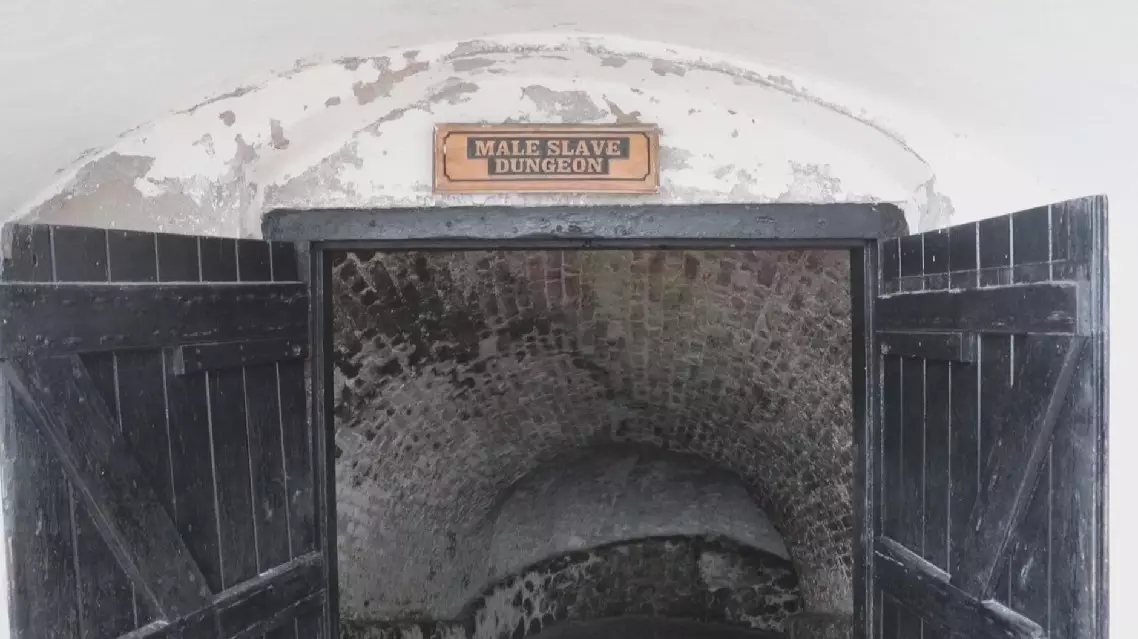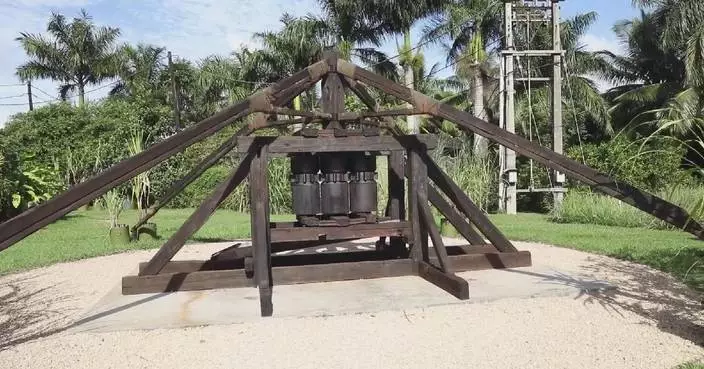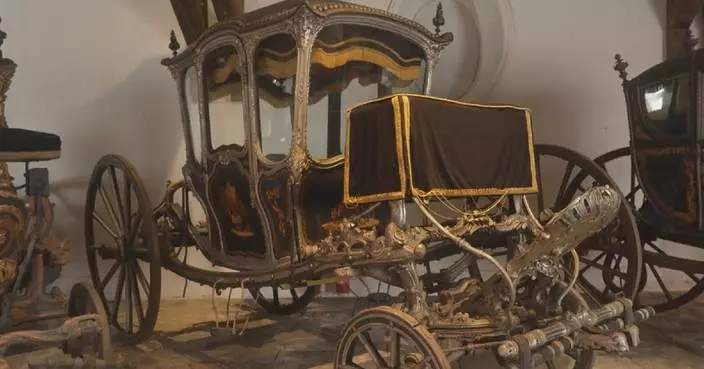A promotional video for the French version of "The Classic Quotes by Xi Jinping", a series of multilingual TV programs featuring Chinese President Xi Jinping's quotes from ancient Chinese classics in his speeches and articles, began airing on multiple French media outlets since Thursday local time.
These outlets include the Euronews, the Entreprendre Media Group, and the Daily Motion.
The promotional video, a production of China's flagship broadcaster China Media Group (CMG), was released ahead of Xi's state visits to France, Serbia and Hungary from May 5 to 10.
The programs carefully select famous quotes from ancient Chinese classics that Xi has used in his important speeches, articles and remarks. They vividly showcase Xi's excellent political wisdom and rich knowledge of history and traditional Chinese culture, and explain new connotations of fine traditional Chinese culture for today's world and its value to the rest of the world.
The French people believe that the programs will help them better understand Xi's thoughts on governance, China's development and changes, and its unique charm in the new era.
The airing time of the programs is to be announced later on.
The programs will also be aired on nearly 100 other media outlets across Europe and around the world including the BFM Business via the "European Partner" mechanism of CMG's CCTV Video News Agency.

Promo of Classic Quotes by Xi Jinping aired in France
Ghana's Cape Coast Castle Museum, housed in one of the wings of Cape Coast Castle, commemorates centuries of the slave trade on the African continent.
Cape Coast Castle, located on the rocky coast of the Eastern Atlantic, is the most prominent of the 30 or so "slave castles" in the West African country. It served as an important trading port in the infamous transatlantic slave trade between Europe, Africa and the Americas before Ghana became independent.
In 1974, the government of Ghana converted the castle into a historical museum, and in 1979, Cape Coast Castle was inscribed on the UNESCO World Heritage List, along with other colonial castles in Ghana.
In the corners of the castle are sealed, dank dungeons known to the colonists as "slave caves," where Africans were confined before being forced onto slave ships bound for the Americas. There are about a dozen narrow dungeons in the castle, which are divided into "men's cells" and "women's cells," with each holding between 100 and 200 people, and having only enough space for the people to stand or sit close together and small skylights for ventilation. Very limited food and water were supplied there.
The castle once held over 1,000 Africans at a time while the colonists waited for the right monsoon to sail. The museum's narrator said the physical and mental torture of the internees sometimes lasted months, and many died of starvation and disease before boarding the slave ships.
By comparison, the occupants of the administrative offices above lived in relatively luxurious, large and bright rooms.
Through the renowned "Door of No Return" at the end of the castle, the enslaved Africans ended their last time in their homeland and began their one-way journey to be shipped across the ocean.
During the Atlantic slave trade from the 16th to the 19th century, a total of 10 to 12 million enslaved Africans were transported across the Atlantic Ocean to the Americas, fueling global trade and the rapid accumulation of capital and leaving devastating effects in Africa, including the loss of young and able-bodied labor, drastic population reduction, disruption of production technology and tribal conflicts, escalation of violence, and decline of civilization.

Ghana's castle-based museum commemorates slavery history










